Projects
Individual Development
To the project browser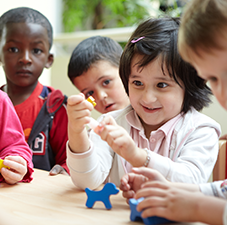
BRISE-School Readiness
The sub-project of the second project phase (2025–2029) at DIPF is dedicated to the effects of the early childhood support chain on the development of basic skills in reading, spelling and arithmetic over the course of the primary school years.
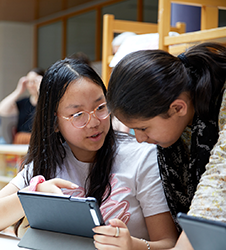
ELF int.
The project ELF int. aims to analyze the procedure for estimating length with a view to accuracy in an international comparison.
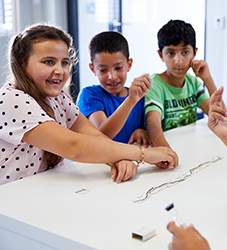
MaLeLiOS
The MaLeLiOS project aims to investigate how narratively designed mathematical learning situations encourage children to engage in mathematical conversations and thus enable them to listen and observe on the one hand and to talk about mathematics and mathematical activities on the other.
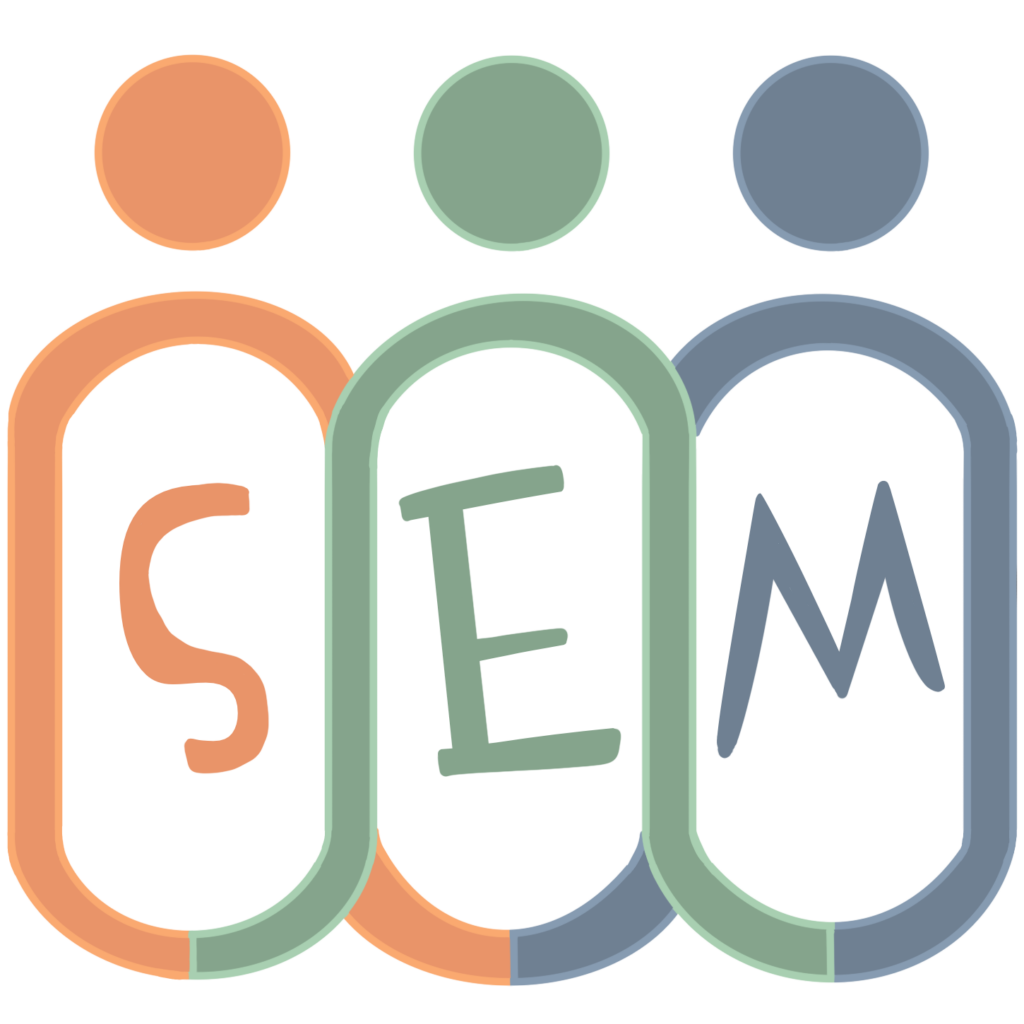
SEM
The SEM project, funded within the framework of the BMBF funding guideline ‘Language Education in the Immigration Society’, aims to develop, test and research a concept for language support in pre-primary classes. The project includes subject-integrated language support in the development of mathematical precursor skills in conjunction with the promotion of emotional understanding and emotion regulation, as well as a language support related professionalisation programme for teachers working in pre-school classes.
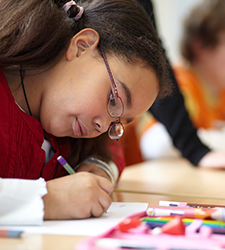
MatheMat
The MatheMat project examines learners’ actions on comparable digital and analogue materials in order to reconstruct the mathematical interpretations underlying these actions. The question is what mathematical interpretations learners make of comparable digital and analogue mathematical situations and whether differences can be observed that are caused by the material. Based on the results of the project’s analyses, recommendations will be made for the use of digital and analogue materials in mathematical learning situations.
GUIDEPREP
The Europe-wide project ‘Growing Up in Digital Europe’ (GUIDE) analyses the success factors for the development of well-being in a digital world. Over a period of about 25 years, two birth cohorts (infants and school-age children) and their parents will be systematically surveyed. The upstream project GUIDEPREP (‘GUIDE Preparatory Phase’) will develop the necessary research infrastructure for the GUIDE panel between 2022 and 2026.
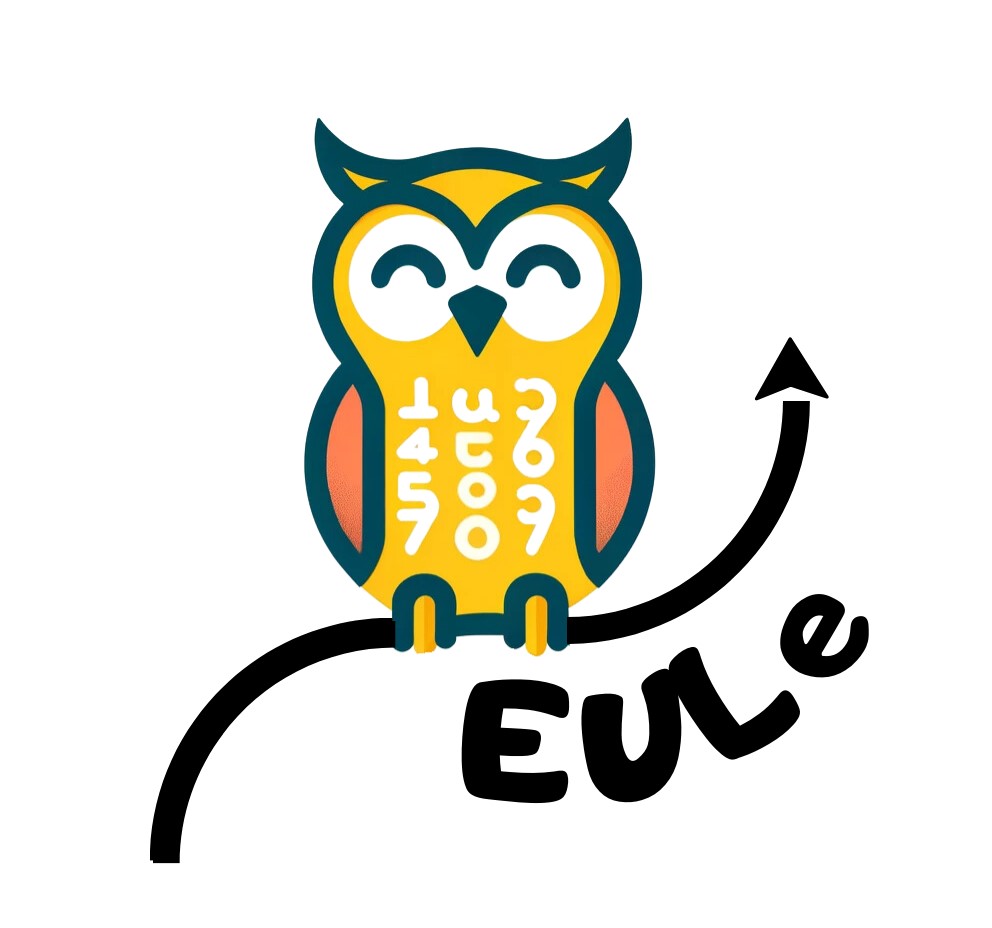
EULe
The project “EULe – Erfolgreich Unterrichten mit Lernverlaufsdiagnostik” aims to support 10 primary schools in North Rhine-Westphalia in developing and implementing school-specific, data-based and adaptive support concepts based on learning progression diagnostics.
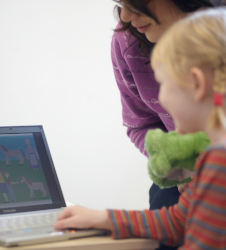
DigitLern
The DigitLern project aims to explore the opportunities and challenges of (digital) distance learning and teaching during the coronavirus pandemic for children and young people with learning difficulties.

StaLApp
The StarLApp project is about the research-based development and qualitative research of the pre-version of an app for statistical learning in primary schools. The app is to be designed with regard to a learning path derived from theory and encourage learners to reason with statistical data.
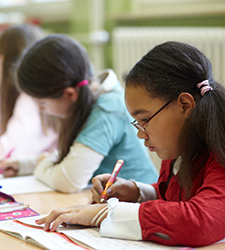
MoBiLe
The project investigates the role of language and executive functions in cognitive and academic development of elementary school children. The focus is on the comparison of monolingual and bilingual children (especially children from immigrant families), who often differ in terms of their language abilities as well as their academic achievement.